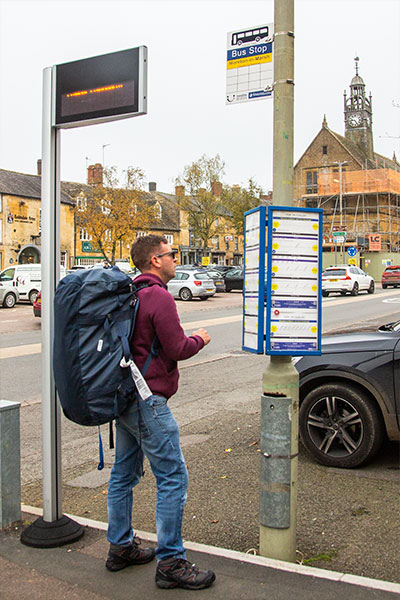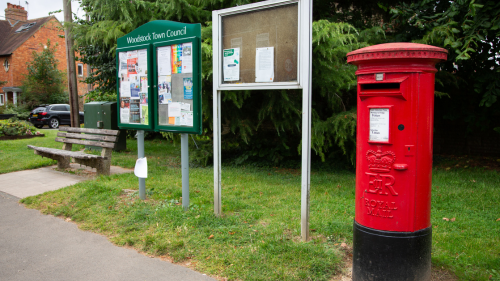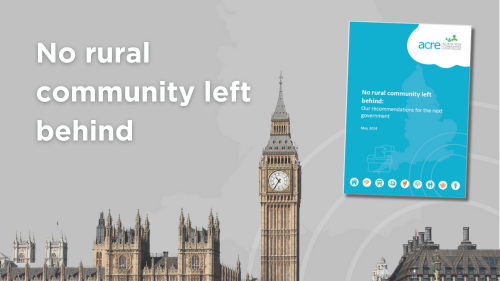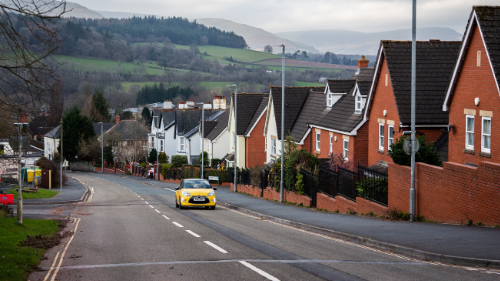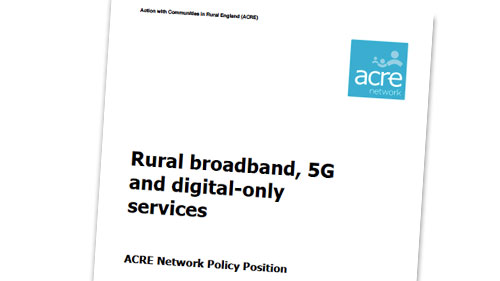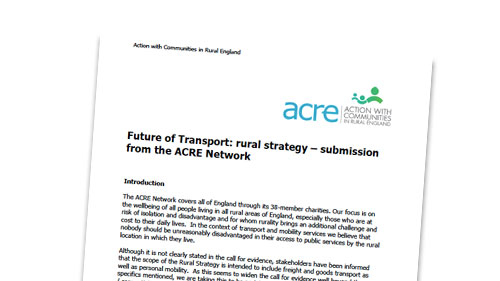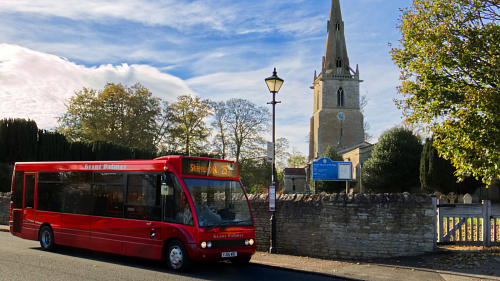Connected communities
Digital connectivity can reduce the isolation felt by rural communities and open up opportunities to those who live and work in the countryside.
Rural communities have long found themselves at a disadvantage because of their isolation from urban centres and the jobs and services they provide. But with increasing reliance on the internet for everything from online shopping to attending virtual doctor’s appointments and home working, digital connectivity is becoming an increasing concern.
Whilst broadband coverage has improved over the years, according to government statistics published in 2022, 7% of rural premises still do not have access to superfast broadband, compared to 3% in urban areas. On top of this households can experience digital exclusion as they lack digital devices or the skills to be able to use them.
The ACRE Network has a long-standing interest in using technology for connecting rural communities, from pioneering ‘telecottages’ in the 1980s to supporting digital skills and learning in the 1990s and 2000s.
Today, many ACRE Network members help rural communities broker new broadband connections with commercial suppliers, some operate schemes offering new or recycled devices to those who experience digital exclusion, and in Norfolk our member CAN has even developed a county-wide wireless internet service called thinkingwisp.
There is still a long way to go until all rural communities enjoy access to affordable world-class broadband and have the devices and skills to be able to make the most of this. Closing this gap is of paramount importance if services continue to be delivered online by default, as well as the roll out of other technological innovations such as autonomous vehicles.
In the long run, we want the government to commit to connecting every rural community to broadband, by one means of another, and at a cost and quality comparable to urban areas. But until that happens, its essential commissioners of public services test their assumptions about the ability of users to access and make use of new digital technology. It may be the case that certain people such as the elderly need more support with this.
View our specific policy recommendations for the next government here.
